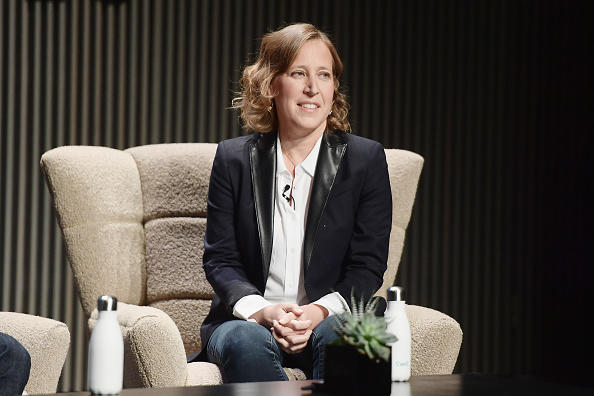Last week, YouTube came under fire after it chose not to remove videos containing homophobic slurs. The decision came after Vox host Carlos Maza tweeted about ongoing harassment from Steven Crowder, which included a video compilation of Crowder making homophobic comments like calling Maza a “lispy queer.”
On Monday, YouTube’s CEO Susan Wojcicki attempted to issue an apology in response to an audience question at Recode’s Code Conference in Scottsdale, Arizona.
“I know that the decision we made was very hurtful to the LGBTQ community and that was not our intention at all,” Wojcicki said. “I thought it was really important to be upfront about that and to say that, that was not our intention. And we’re really sorry about that.”
"Are you really sorry for anything that happened to the LGBTQ community? Or are you just sorry they were offended?"
Watch @SusanWojcicki's response at #CodeCon: pic.twitter.com/5MqJxL8QVS
— Recode (@Recode) June 10, 2019
When Maza first tweeted about the harassment he received, YouTube responded via its own Twitter account, stating that “while we found language that was clearly hurtful, the videos as posted don’t violate our policies.”
YouTube’s decision was met with intense backlash. Some backlash came from tech employees at YouTube’s parent company, Google. YouTube tried to justify its decision by explaining that it’s an “open platform,” so although opinions can be “deeply offensive,” they have to remain on the site. Later, the company decided to demonetize Crowder’s account.
This isn’t the first time YouTube has faced backlash from the LGBTQ community. The platform has been consistently criticized for placing LGBTQ videos in restricted mode, which is meant to filter inappropriate content.
Wojcicki’s apology, however, didn’t include any recognition of why the LGBTQ community was harmed by YouTube’s decision. Instead, she doubled down on it, stating:
“I agree that that was the right decision. When we look at harassment and we think about harassment, there are a number of things we look at. First of all, we look at the context. Was this video dedicated to harassment or was it a one-hour political video that had, say, a racial slur in it? Those are very different kinds of videos.”
The issue here is that YouTube seems to downplay the impact that this type of harassment can have on LGBTQ people. It is not simply a matter of opinion to subject someone to consistent homophobic abuse.
It’s become increasingly clear that global platforms like YouTube do not know how to regulate content on their platforms. Instead of prioritizing vulnerable communities, platforms like YouTube allow hate speech to fester through videos, comments, and more.

